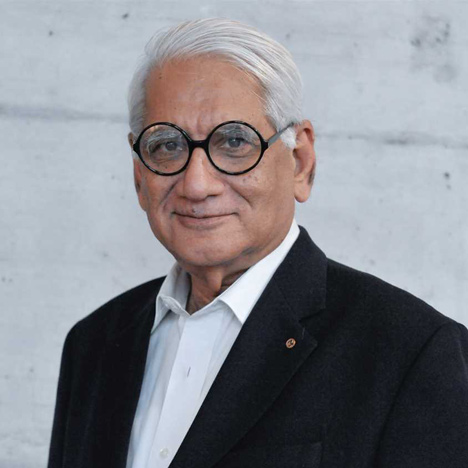
Indian architect Charles Correa dies aged 84
Charles Correa, described as "India's greatest architect", has died following a short illness.
The founder of Mumbai-based Charles Correa Associates – whose work includes the Mahatma Gandhi memorial in Ahmedabad and the Champalimaud Centre for the Unknown in Portugal – died on 16 June in the Indian city. He was 84.
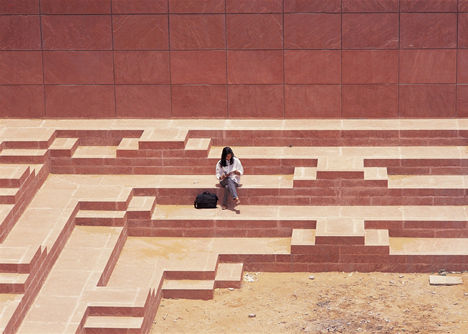
Correa was an architect, an urban planner, an activist and a theoretician. He was chiefly responsible for the planning of township of Navi Mumbai in the 1970s, and in 1984 he established Mumbai's Urban Design Research Institute, providing a forum for interaction between architects, urban designers and other professionals. He was named "India's greatest architect" the same year, when he was awarded the Royal Gold Medal by the Royal Institute of British Architects.
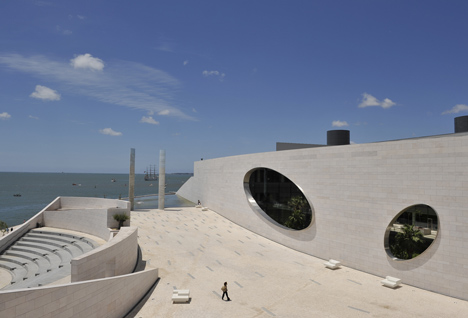
Architect David Adjaye, who designed a 2013 exhibition of Correa's work at the RIBA, has described him as "a great man and an amazing person".
"I am so sad to hear of Charles Correa's passing, but also feel honoured to have had the opportunity to meet him, engage with his work, be welcomed into his home and most recently to design his show at the RIBA and spend time with him in London," he said.
"For over half a century, Charles managed to create buildings with a universal quality, distilling life's most complex elements into exciting, modern forms that seemed to grow organically from their geography, climate and culture while also offering a sense of poetry and a metaphysical dimension," he added.
"His work will continue to inspire and to thrill for many generations to come."
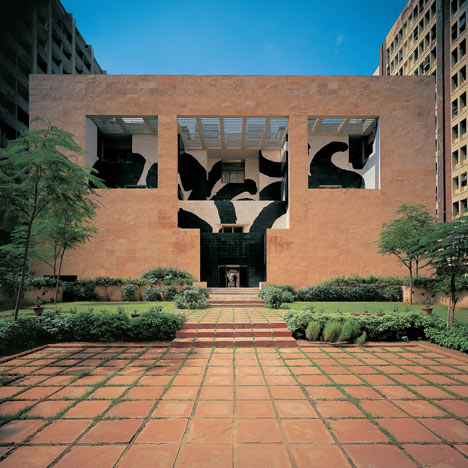
Correa was born in Hyderabad in 1930. He studied architecture at the University of Michigan and at the Massachusetts Institute of Technology (MIT), before returning to India to set up his own practice in 1958.
He designed the Mahatma Gandhi memorial that same year, aged just 28, before going on to work on projects including the State Assembly for Madhya Pradesh (1967), the Bharat Bhavan arts complex in Bhopal (1982), the National Crafts Museum in New Delhi (1990) and the British Council building in Delhi (1993).
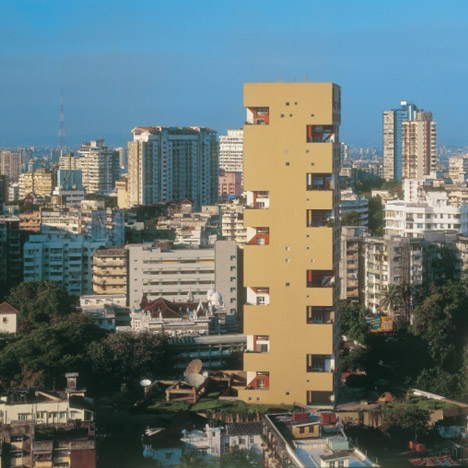
He also completed housing projects in Delhi, Bombay, Ahmedabad, Bangalore, while his most recent designs include Toronto's Ismaili Centre and the Brain Science Centre at MIT.
In 1990 he became the third recipient of the Gold Medal from the International Union of Architects, while his many other accolades include the Aga Khan Award for Architecture, Japan's Praemium Imperiale and the Padma Vibhushan – India's second-highest civilian award.
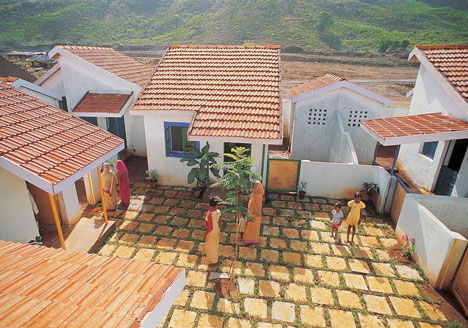
Narendra Modi, the Prime Minister of India, has paid tribute to the architect on Twitter: "Mr Charles Correa's architectural marvels are widely cherished, reflecting his brilliance, innovative zeal and wonderful aesthetic sense," he said.
Numerous architects and industry professionals have also paid their respects. British Council director Vicky Richardson described the news as "terribly sad", adding that Correa's Delhi building for the organisation is "wonderful", while Architecture 00 co-founder Indy Johar has called him a "great architect".
Photography is by Holcim Foundation.